
Ghana has entered into a strategic partnership with Czech-based SEDA Africa Group to strengthen groundwater exploration and expand climate-resilient water infrastructure across underserved regions.
The Ministry for Works, Housing and Water Resources signed a technical cooperation Memorandum of Understanding (MoU) with SEDA Africa Group, to kickstart a multi-pronged programme targeting water scarcity, particularly in rural and peri-urban communities. The agreement includes groundwater mapping, infrastructure development, public-private investment models, and institutional capacity building.
“Water remains indispensable to socio-economic transformation,” sector Minister, Kenneth Gilbert Adjei said at the signing ceremony. “Yet, our sector is constrained by limited infrastructure, climate shocks, and financial shortfalls. Government alone cannot resolve this—partnerships like this one are critical.”
Under the agreement, SEDA will support government’s efforts to locate and tap into high-volume aquifers through advanced hydrogeological mapping and monitoring systems. A dedicated technical task force will be established to advise the Ministry and agencies such as Ghana Water Company Ltd. on project execution and planning.
Chief Director Rev. Stephen Yaw Osei underscored the urgency of scientific groundwater mapping.
“We have been drilling boreholes based on trial and error, and many dry up within a few years,” he said. “Almost half of boreholes in Antelope have been decommissioned. This partnership can change that by helping us locate deep aquifers that can sustain year-round supply.”
The initiative is seen as an essential shift from fragmented borehole drilling toward more data-driven planning. SEDA’s technology—which has already been piloted in Kade, Eastern Region—demonstrated the capability to treat polluted surface water while integrating flexible storage tanks and mobile water dispensing units powered by solar energy.
For SEDA CEO Martin Harvard, the MoU is both a formal commitment and an evolution of ongoing collaboration. “We have already delivered a functional water treatment plant in Kade and opened the Czech House in Accra—a hub for technology testing and training,” he said. “Now we’re scaling this partnership to reach the regions most affected by water insecurity.”
Beyond technical cooperation, the partnership aims to mobilise financing for water infrastructure through blended sources—concessional loans, climate funds, donor grants, and private capital. The Ministry plans to leverage SEDA’s investment networks to design bankable projects that attract long-term funding.
The Minister emphasised the importance of aligning water projects with sustainability and resilience principles. “We must move toward models where water infrastructure is not only built, but also sustainably maintained,” he said, highlighting the use of public-private partnerships and results-based financing as tools for scale.
As part of the capacity-building agenda, Ghanaian engineers, hydrogeologists, and project managers will be trained in cutting-edge water technologies and planning frameworks. The long-term objective, officials say, is to create a self-reliant national system for water service delivery.
“This is not a ceremonial exercise,” the Minister said. “It’s a bold step toward delivering water, dignity, and opportunity—especially to those in the hardest-to-reach parts of Ghana.”
The post Gov’t, SEDA Africa to unlock groundwater in underserved areas appeared first on The Business & Financial Times.
Read Full Story

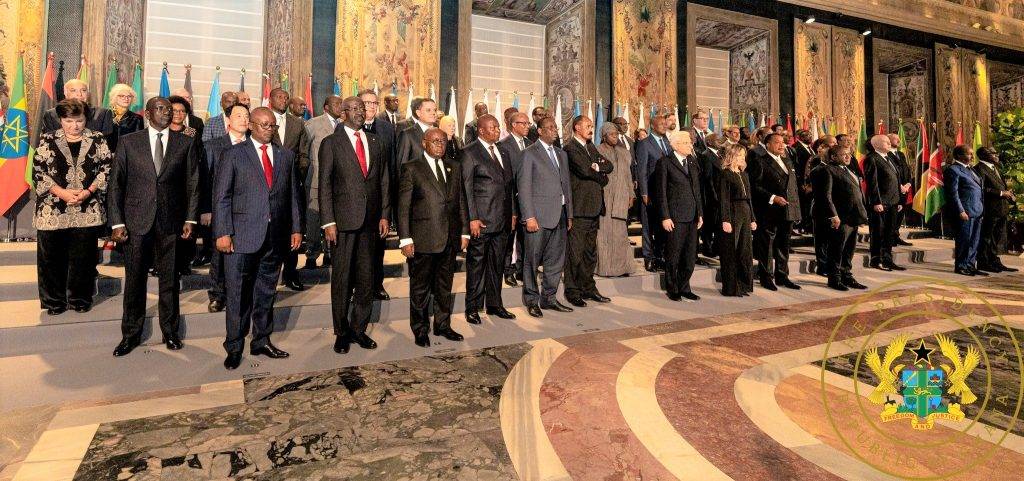
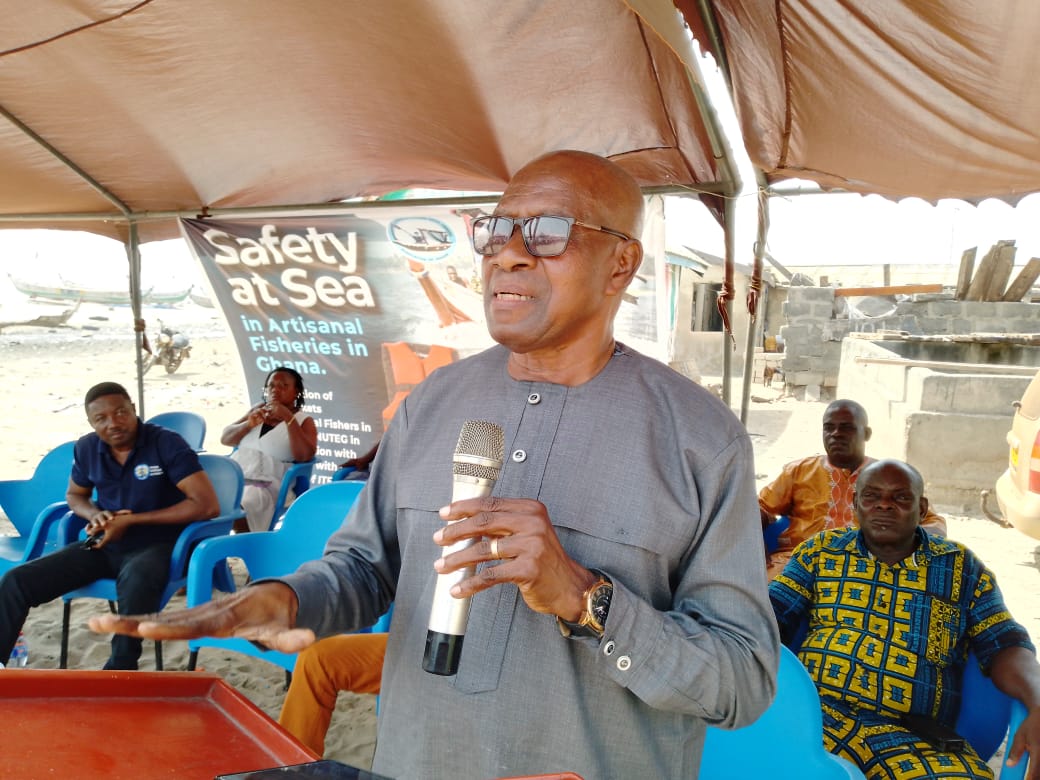
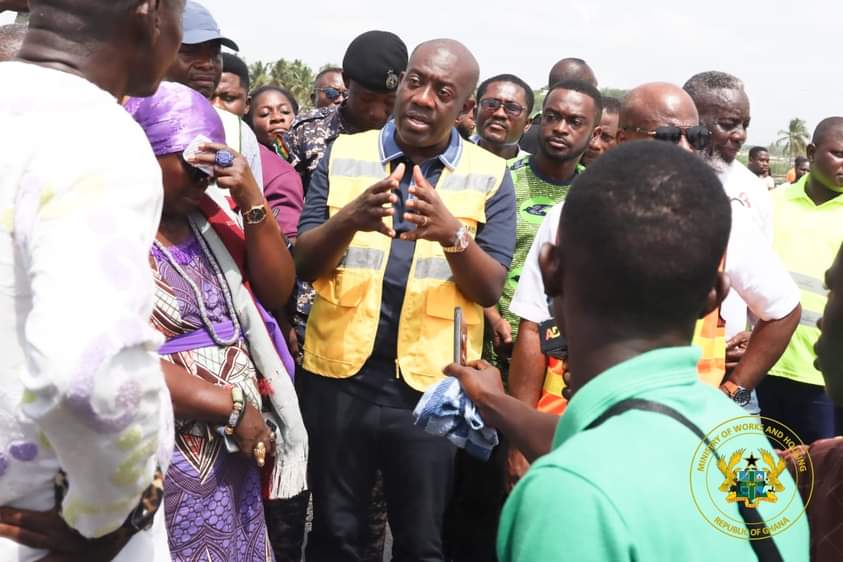



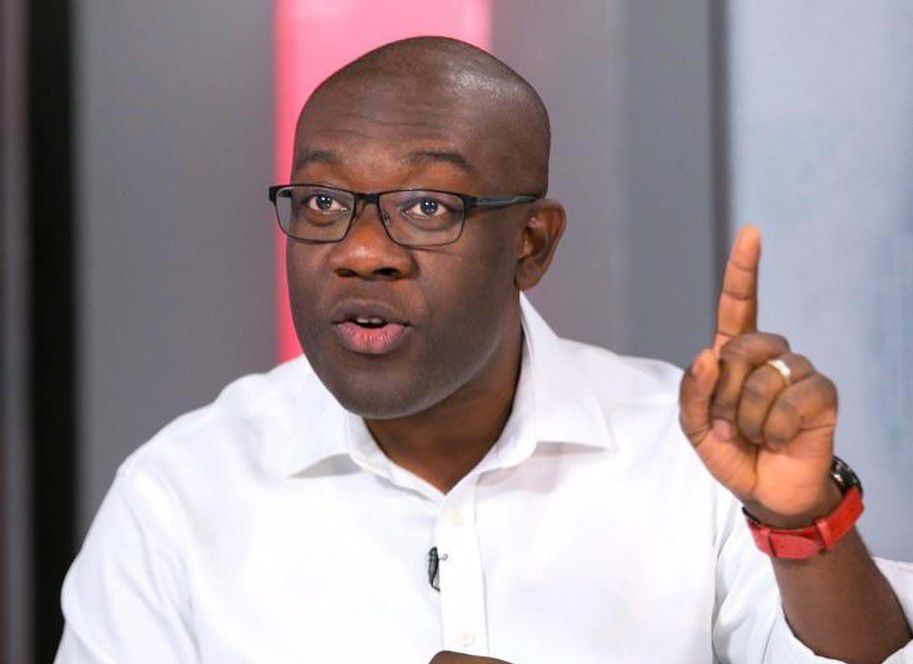


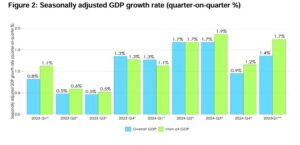

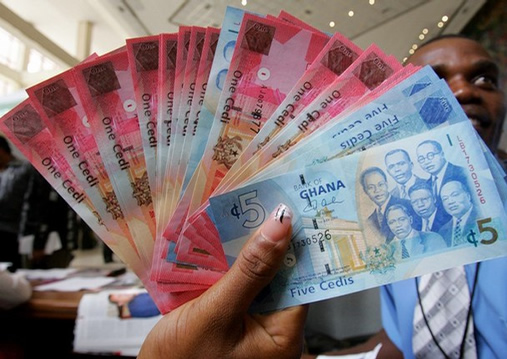
Facebook
Twitter
Pinterest
Instagram
Google+
YouTube
LinkedIn
RSS